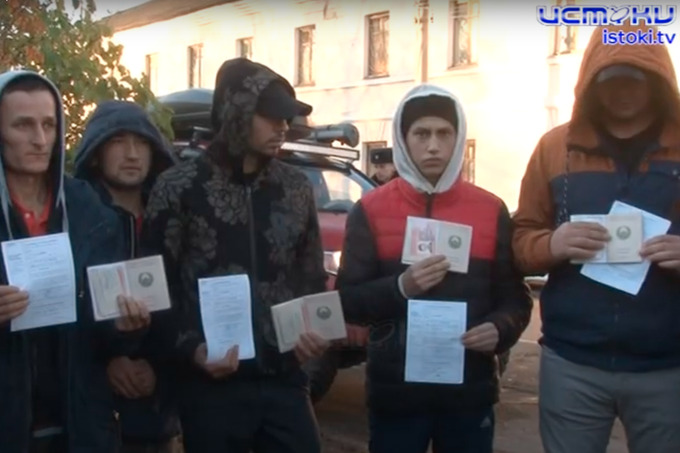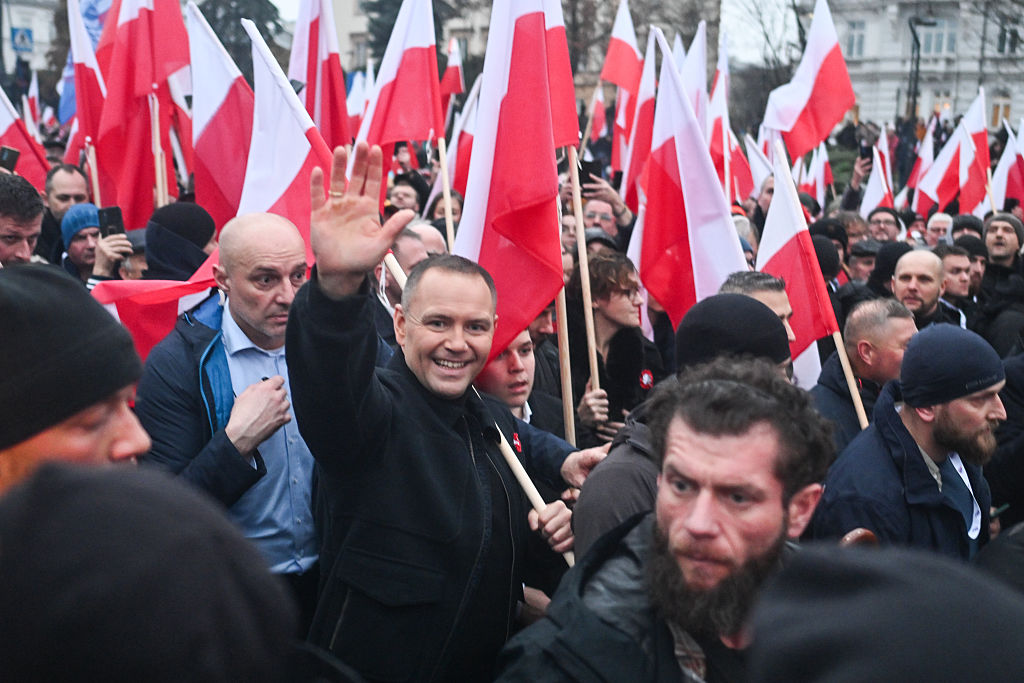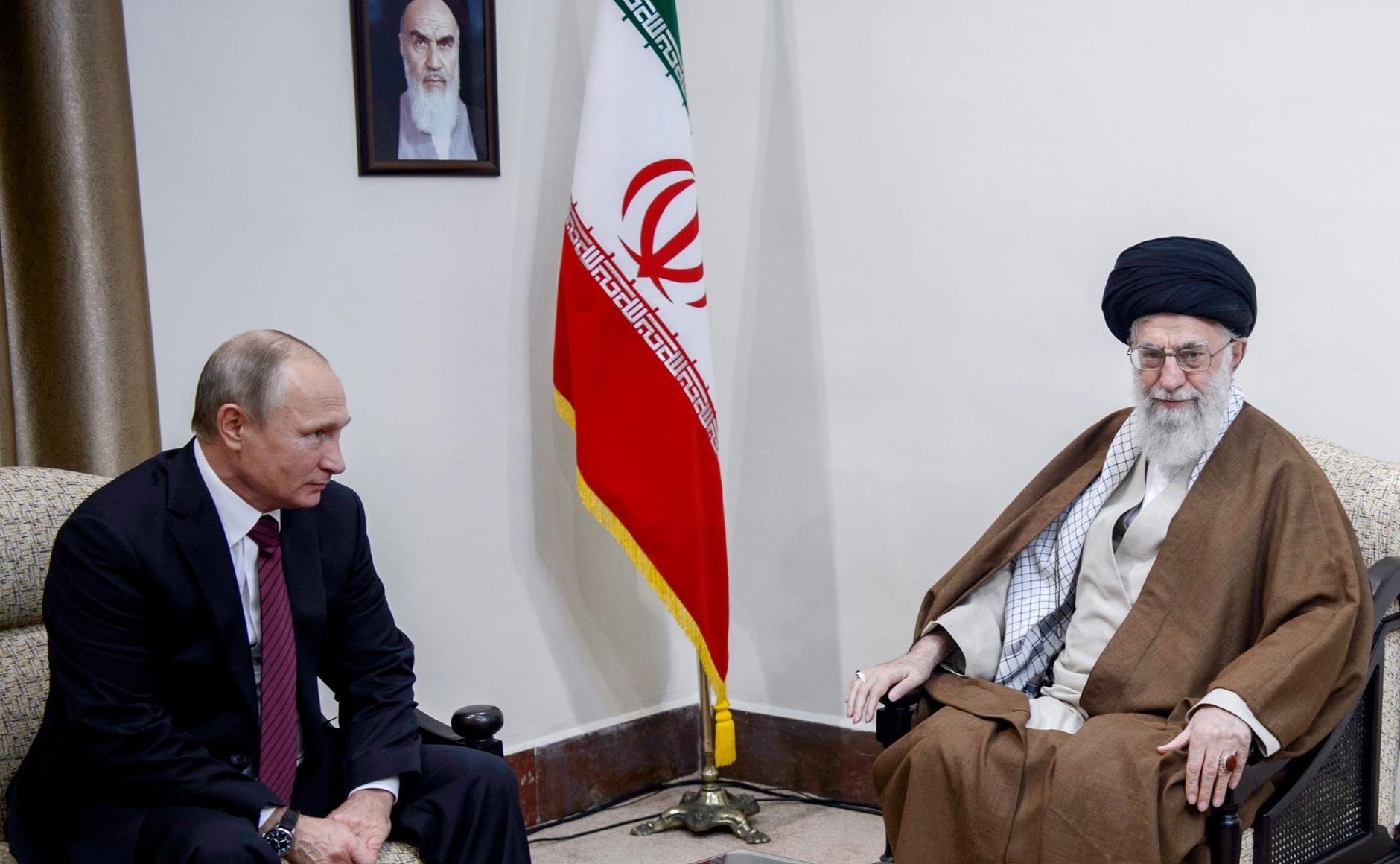
Moscow Actively Conscripting Central Asian Migrant Workers for War Effort
Moscow Actively Conscripting Central Asian Migrant Workers for War Effort
On October 24, dozens of Uzbekistani citizens living in the Russian town of Orel received draft orders as part of the “partial mobilization” announced by Russian President Vladimir Putin on September 21. The Russian government’s intent to shore up as many able-bodied men as possible to meet the mobilization target has negatively affected the citizens of Central Asian. The case in Orel was just one of several recent recruitment attempts of Central Asians to fight on behalf of Russia in Ukraine. Overall, the Kremlin has been fairly nonchalant in employing both straightforward and deceptive recruiting methods, while the government officials of the migrant-sending countries have not dared to condemn Moscow’s actions.
The military officials in Orel could not provide a comprehensive explanation on why 28 foreign citizens with temporary working permits received military orders meant exclusively for Russian citizens (Gazeta.uz, October 27). Was it a bureaucratic mistake caught in the course of issuing mass military orders without scrutiny of national citizenship? Or was it an intentional mistake to start an amicable conversation and perhaps pressure from the center to recruit foreign citizens for military service?
Russian officials seem to have a wide latitude when providing men for the war against Ukraine as long as they avoid shattering the faith of their own population in the Russian elites, as well as attempting to elicit minimal ire from local populations. While coming more to light in recent weeks, the recruitment of Central Asian citizens has been taking place for several months now and started soon after the Russia’s re-invasion of Ukraine on February 24. At the time, recruitment was largely voluntary in exchange for considerable pay and fast-tracked Russian citizenship, even before such legislation was signed into law. Such a decree was presented on September 24 and now allows fresh recruits to receive Russian citizenship in exchange for one year of service in the Russian Armed Forces (Cabar.asia, August 6; Gazeta.ru, September 30).
This recruitment method is ongoing but has been unable to supply enough bodies for the continued heavy Russian losses in Ukraine. In the frenzy of conscripting more people following the partial mobilization announcement, recruitment methods turned to deception, coercion and psychological pressure. The Russian bureaucracy, highly corrupt law enforcement system and overall strong xenophobic public sentiments create many opportunities for police and low-level bureaucrats to exert extreme pressure over Central Asian migrants. As such, these migrants have reported that they accidentally signed contracts for “voluntary” military service when applying for a work permit or residency permit—as these agreements were hidden in the heaps of papers required to be signed (Mediazona.ca, October 28).
As Ukrainian troops were successfully retaking their territory from Russia in September 2022, a video of two captured Uzbekistani citizens serving on the Russian side was published (YouTube, September 9). To the question of why did they join the Russian army, one of them answered that issues with his legalization documents forced him to join the war. Such predatory recruitment opportunities become available when the police identify issues with a migrant’s legal status. When in the past such document checks or raids were resolved with bribes, now, they provide opportunities to recruit more manpower for the war effort and meet the Kremlin’s demands for mobilization. Given that it is almost impossible to achieve full legal status in Russia as a low-skilled labor migrant due to legal loopholes and convoluted processes, when migrants are stopped by law enforcement, the Russian officials have many opportunities to find “inconsistencies” with their immigration papers.
Central Asian citizens are also being recruited from Russian prisons for the war against Ukraine. At the end of September, the notorious Wagner Group recruited over 100 criminals from the strict prison regime in Mordovia, half of them foreigners, including several citizens from Uzbekistan and Tajikistan who were convicted of selling drugs and serving seven- to 16-year sentences (Novaya Gazeta Europe, October 25). Others have reported on Uzbekistani inmates in other Russian cities being recruited specifically for the fighting in Donbas, but this specific transfer was intercepted by a civil rights group, which asked that the Uzbekistani citizens be left in the prison (Gazeta.uz, October 15).
Moscow’s desire to complete its full-scale aggression against Ukraine with the minimum engagement of Russian citizens and without calling it a war have rolled Central Asian migrants into the conflict. The millions of able-bodied males from Central Asia in Russia provide an ample pool for recruiting new conscripts to fight on Russia’s behalf. The Russian military is not shy about using nefarious recruiting methods and employs all possible means whether they be straightforward or deceptive. At the moment, the primary recruitment method used with these migrants is the offer of Russian citizenship and monetary payments in exchange for one year of military service. Indeed, these predatory methods exerted over Central Asian migrants in Russia, who are typically submissive and afraid of being deported, are the primary factors for the “voluntarily” push of other migrants toward conceding to join the Russian war effort in Ukraine.


